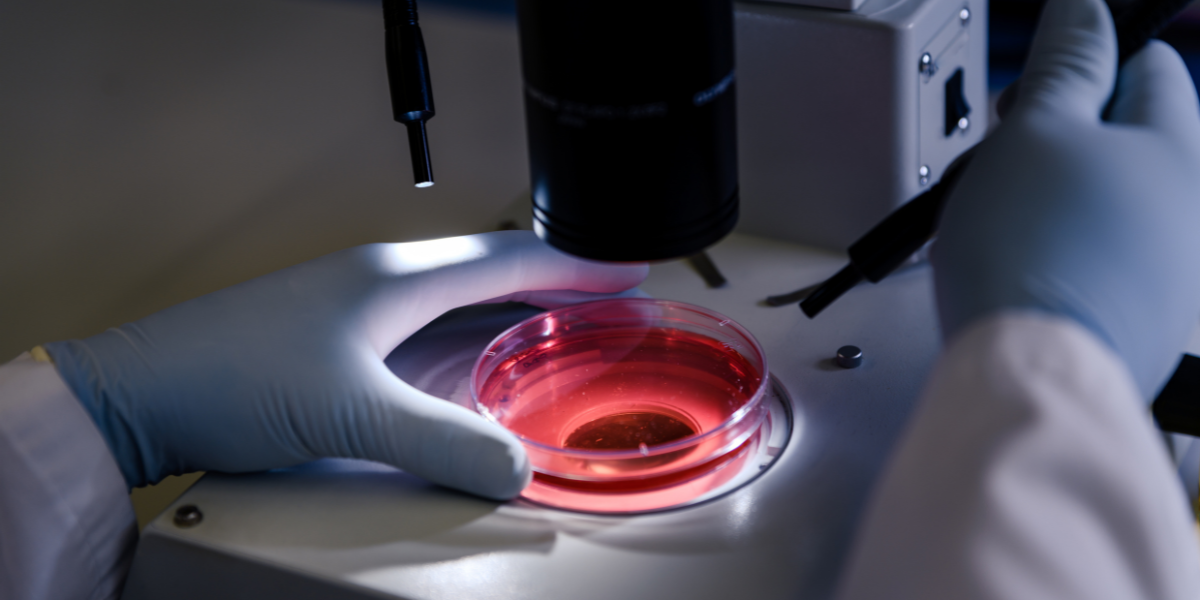The doctors and physicians in the audience already know the crucial roles that dermatopathologists (Dermpaths) play in disease detection and treatment. While Dermatologists are able to recognize many skin diseases based on their appearances, behavior, and anatomic qualities—which is especially helpful considering our skin constitutes our largest organ— dermatopathologists are able to take this analysis a few steps further, making them a great addition to labs and doctors everywhere. Let’s talk about why.
What are the Types of Pathology? Learn More in Our Blog
One of the greatest challenges of dermatopathology is in its scope. There are more than 1,500 different disorders of the skin from rashes to oncology issues such as pre-cancers. Because of the wide range of conditions dermatopathologists must be able to identify—which themselves can be microscopic and even molecular in size—they must maintain a broad and extensive knowledge in clinical dermatology and be familiar with several other specialty areas within medicine.
So, why does the value of having a dermatopathologist on staff—or at least having a dermatopathologist lab in your local area—so frequently go underappreciated? Well, it often comes down to knowing and understanding what exactly the value is. Let’s go a bit deeper:
Accuracy
Doctors and patients alike rely on their dermatopathology lab to deliver accurate results. With about 100,000 Americans diagnosed with melanoma every year, there are high chances of the dermatopathologist being presented with a difficult case. Working with full-service labs allows your clinic to correspond with experts and for you to be assured of the accuracy of the results—and a local dermatopathologist allows you to develop a personal working relationship with someone you can trust.
Transporting and Receiving Samples
In the United States alone, there are over 20 million tissue specimens per annum, so transporting these samples from the doctor’s clinic to the dermatopathology lab is a daunting task requiring careful management. Should a sample go missing, this is not only frustrating, but it can also cause costly delays. Having a dermatopathologist on your staff or having one locally will either completely eliminate the need for transportation from the clinic to the lab or greatly reduce the time and distance the sample needs to travel to the lab, thus minimalizing the risk associated with moving the specimen.
Ultimately, there are many benefits and services a dermatopathologist can offer a doctor, a clinic, and most importantly, a patient. By understanding these benefits and services: from inspecting request forms, ease of transport, the additional accuracy they bring, and more, you can be sure that your dermatopathologist partner will help you improve your services to your patients.





